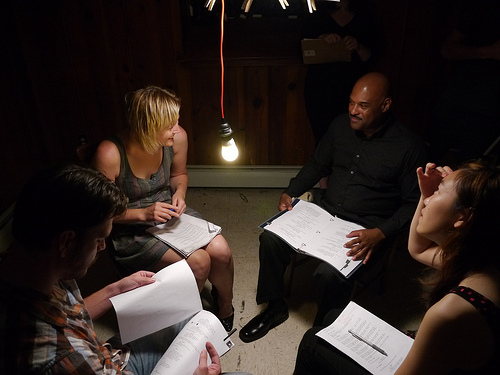Secret search for well-being

Sportin empathy
January 24, 2017People tell me secrets. They’re depressed. They’re sick and tired. They see mental health experts on the sly. There really angry and they drink it, sleep it, or push it down in some unhealthy way. Too many people suffer bouts of depression, moodiness, sickness and injury. Less wellness may manifest as mentally shaky, easily ruffled, little tolerance, no patience, emotionally wrung out, exhaustion, off the cuff behaviours, little foresight, feeling cut off or blocked and feeling less enjoyment when engaging with others.
What to do? Why do?
Wellness is conspicuous in its absence:
· For many people wellness is a last resort
· People operate over the top of it.
· Noticeable when there is no grace or elegance.
· Many people think well-being activities are luxuries or indulgences.
· It’s everywhere a little like happiness is everywhere. When it is missing you feel it.
· It covers all areas of life – work, play, emotions, thinking, physical, spiritual, environmental and the list goes on
Someone has to lead the way.
Going the distance requires well-being.
3 important questions for leaders?
To what extent do you attend to your wellness?
To what extent is your organisation responsible for employee wellbeing?
How can your organisation put wellness on the table in earnest?
Sick days? Low? Are you in the know? How can you support what is really going on? Is it as easy as keeping the office fridge stock full of superfoods? Could a meditation power hour replace the weekly sales meeting? Would introducing a Reiki master or replacing happy hour for rebirthing make a difference?
You bet they would. All possible. All unusual practices still.
The work program needs to change. Well-being has been around since Greek and Roman times and it’s still in the shadows with HR. It’s secret talk. It’s the last business strategy to be fulfilled on.
It went full blow woo woo in the 80’s. There’s a reason why it’s hung around. Now you can get a Masters in Wellness. The best site to gauge where you are at is authentic happiness.com. There are lots of free checklists and tests to give yourself some measures on many happiness traits. Martin Seligman is the authority and is widely accepted in scientific circles.
Attending to this disgruntled undercurrent would give a leadership message that said you cared about them and your plans.
As would:
- Giving trust – No micromanagement – constant over the shoulder looking causes stress.
- Focus on well-being activities – offer nurturing rewards and incentives
- Think about the physical difficulties of getting to work and how you can improve their lot
- Soulful conversations just for the sake of it – leave the judgement out. Everyone has problems. Be interested in their humanity.
- Future focus – Stretch them and talk about the pointy edge of the future.
The biggest fear, about the well-being conversation, is job loss and retribution. That is what people fear. If they are not 100% and their boss knows it, then, they will feel concerned, like they could get hung out to dry. Or there will be a target on their back. This happens. Leaders need to be responsible for managing well-being strategies as do employees. It’s completely doable. The inner hum will be different for each person. Well-being and engagement do go hand in hand and for employers, it’s time to forge the pathway and to walk the talk.
What can you take up? Talk to me about how you feel about “well-being” issues and either its presence or its absence in your workplace or life. jayneleslie.com





